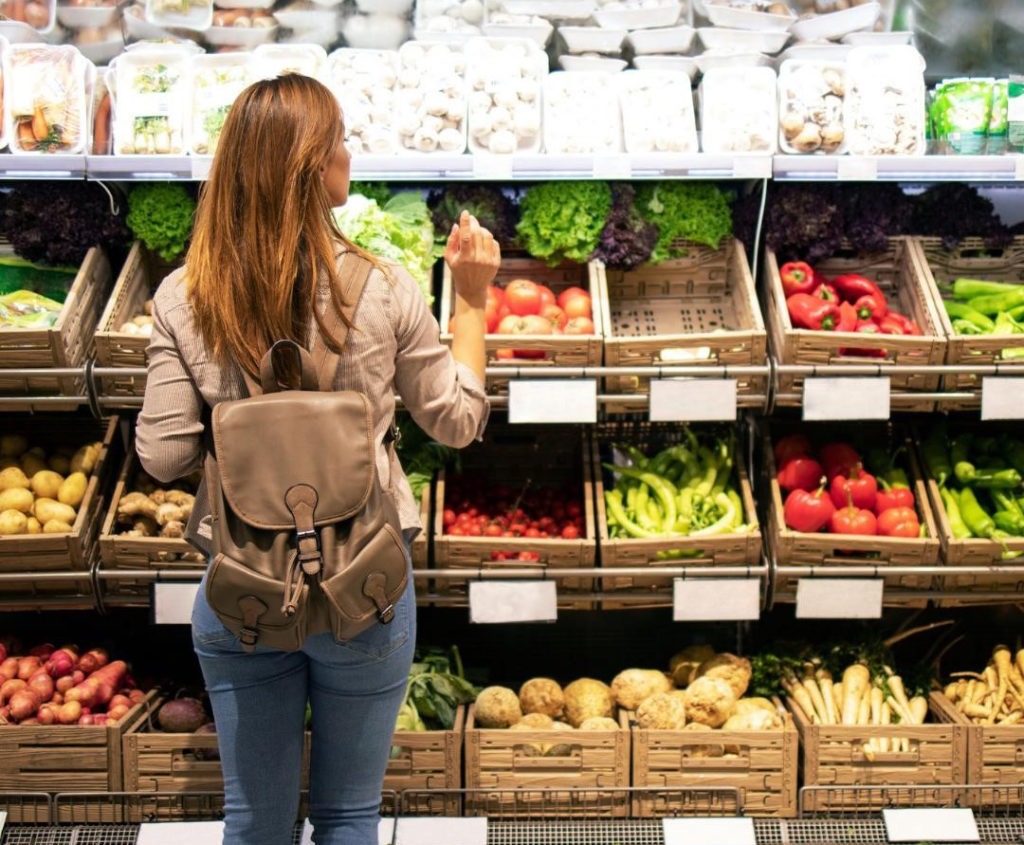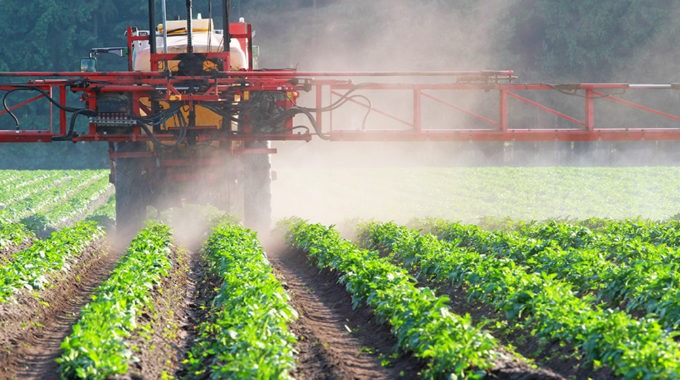Are organic foods really pesticide free?
As consumers, we‘re conditioned to believe that organic foods are free of hormones and pesticides. But what does buying organic produce really mean? Food and health expert Associate Professor Jayashree Arcot from UNSW School of Chemical Engineering says organic farms are only certified after they’ve been operating under organic principles for three years. Additionally, they must pass an audit and review process.
“Consumers know that generally, organic foods are produced without synthetic chemicals,” she says. “Animals are raised without growth hormones or antibiotics on a 100 percent organic diet. However, there are pesticides approved for use in organic agriculture. These are supposed to be low in toxicity compared to pesticides used in conventional farming. So just because you sell it as organic, it doesn’t really mean it’s pesticide free.”

The proof is in the soil
Unlike conventional farming, organic farming doesn’t use synthetic chemical intervention. Instead, it focuses on sustaining the natural state of the soil. Organic farmers often use practices like crop rotation, which involves changing the crop after every harvest.
This traditional agriculture method maintains the biodiversity of the soil. For crops to flourish in an organic environment, Arcot says the soil needs to undergo nitrogen fixation. Farmers can achieve this by first growing pulse crops.
“Pulse crops, such as any type of legumes, are highly nitrogen-dense,” she says. “So they effectively feed the soil the nutrients it needs. After harvest, the soil is nourished with nitrogen, and this provides natural nutrition for the next crop to grow.”
Food Standards Australia and New Zealand sets the levels of agricultural and chemical residues allowed in domestic and imported foods. Although pesticides are used in conventional farming, Arcot says that the levels in our fresh produce are considered safe. This means they’re not high enough to be detrimental to our health.
“Australian fruits and vegies have very low levels of pesticides,” she says. “In fact, even much lower than the minimum levels set by the US Environmental Protection Agency.”
“It’s been shown that the levels of pesticides found in the fresh produce we eat is actually a hundred times lower than the smallest dose that could be harmful to laboratory animals. So people shouldn’t be alarmed if they don’t purchase organic products.”

Benefits outweigh the costs
If organic foods can still contain pesticides, why are consumers still paying a premium?
“Organic foods are generally more expensive,” Arcot explains. “Organic farming is labour-intensive, and its input costs are higher. If you’re not using pesticides or herbicides to ward off pests, farmers need to do everything manually. That increases cost.”
But despite the low risks that pesticides pose, there are still good reasons to buy organic.
“A recent review on the effect of organic foods on health shows there may be a reduced risk of allergies and obesity,” Arcot says. “But the study was inconclusive. Consumers of organic foods generally have healthier lifestyles, which could confound the evidence.
“However, I believe the biggest winner is our environment. While organic farming typically has lesser yields, it has a smaller carbon footprint compared to conventional agriculture, which is a large emitter of greenhouse gases. Long-term, there are health benefits to people if we reduce any emissions in our atmosphere.”









